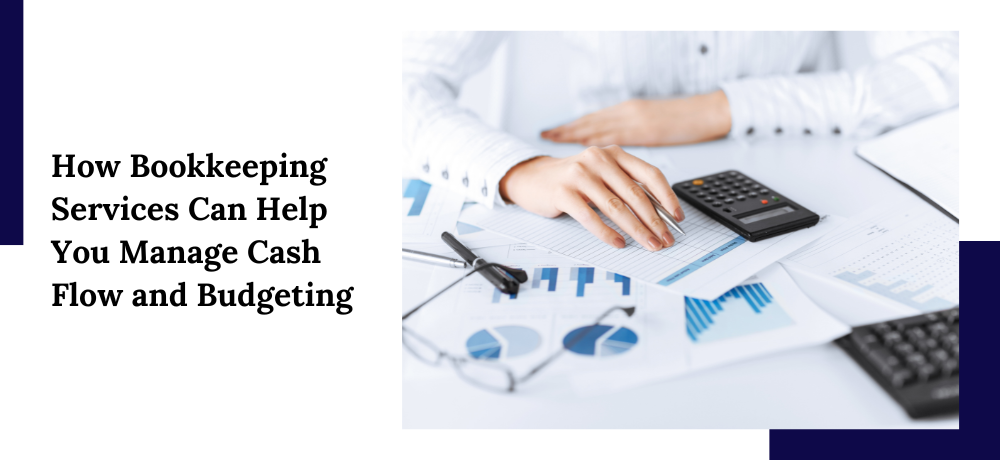Running a small business is no small feat. As a small business owner, you have to juggle multiple responsibilities, from managing your team and serving customers to keeping your finances in check. Amid this whirlwind of activities, one essential practice that often gets overlooked is conducting regular audits. Auditing may sound like a daunting task, but it can be a game-changer for small company owners, helping to streamline operations, ensure financial accuracy, and ultimately add value to your business. In this blog, we will delve into the world of audits and explore how they can benefit your small company.
1. The Significance of Audits
Audits are not just for large corporations. They play a vital role in small businesses as well. Here’s why they matter.
Ensuring Financial Accuracy
Small business owners often handle their finances, and human error is inevitable. Audits act as a safety net to ensure that your financial records are accurate.
Running a business requires meticulous record-keeping. It’s not uncommon for small business owners to handle their finances, including bookkeeping, payroll, and expense tracking. However, with the sheer volume of transactions and responsibilities, mistakes can occur. Audits can detect and rectify errors in your financial records, preventing costly discrepancies that may have long-term consequences for your business.
Detecting Fraud and Mismanagement
Audits are a powerful tool to uncover any fraudulent activities or financial mismanagement within your company.
Small companies may be particularly susceptible to financial fraud and mismanagement due to limited oversight. By conducting audits, you can identify irregularities or signs of embezzlement early on, safeguarding your business from potentially devastating financial losses.
Gaining Investor and Lender Confidence
If you’re seeking investment or loans, audited financial statements can instill confidence in potential investors and lenders.
Audited financial statements provide a transparent view of your company’s financial health. When investors or lenders see that your finances have been independently reviewed and found to be in good order, they are more likely to trust your business with their capital.
2. Types of Audits
Audits come in various forms, each serving a unique purpose. Here are the most common types.
Internal Audits
Internal audits are conducted by your own team or a third-party auditor to assess the effectiveness of your internal controls and processes. Internal audits are like a checkup for your business’s internal mechanisms. They help you identify operational inefficiencies and areas where you can improve. These audits focus on your company’s adherence to policies and procedures and ensure that resources are utilized optimally.
External Audits
External audits, also known as financial statement audits, are typically performed by independent Certified Public Accountants. These audits are focused on examining your financial statements for accuracy and compliance with accounting standards. Small businesses often undergo external audits to provide assurance to investors, lenders, and regulatory bodies.
Tax Audits
Tax audits are conducted by tax authorities to ensure your business has accurately reported its income and paid the correct amount of taxes. While tax audits can be intimidating, they are a part of running a legitimate business. Ensuring your tax compliance is essential to avoid penalties and legal troubles.
3. Preparing for an Audit
Getting ready for an audit can be a breeze with proper preparation.
Organizing Your Financial Documents
Before an audit, gather and organize all relevant financial documents, such as bank statements, receipts, invoices, and financial statements. Organized documentation makes the audit process smoother and more efficient. It helps auditors get a clear picture of your financial transactions and practices.
Reviewing Internal Controls
Conduct a thorough review of your internal controls to identify and rectify any weaknesses or inconsistencies. Assessing your internal controls ensures that your business operates efficiently and securely. It also demonstrates your commitment to transparency and accuracy.
Engaging Professional Auditors
Consider hiring professional auditors, like Furrh And Associates, to ensure a comprehensive and impartial audit. Experienced Certified Public Accountants, like those at Furrh And Associates, can provide expert guidance and assurance during the auditing process. Their knowledge and integrity will help you gain a valuable perspective on your business’s financial health.
4. The Aftermath of an Audit
Once the audit is complete, there are steps you can take to derive maximum value from the process.
Implementing Audit Recommendations
Audit findings often come with recommendations for improvements. Act on these recommendations to enhance your business operations.The recommendations made during an audit can be invaluable. Implementing them can lead to more efficient processes, better financial management, and a stronger, more resilient business.
Using Audit Insights for Decision-Making
The insights gained from an audit can guide your strategic decision-making.
The data collected during an audit provides you with a clear understanding of your business’s financial strengths and weaknesses. This knowledge can inform your plans for growth, expansion, or risk management.
Building Trust and Credibility
A successfully completed audit enhances your company’s credibility in the eyes of stakeholders. Having audited financial statements demonstrates transparency, integrity, and a commitment to financial accuracy. This can lead to improved relationships with investors, lenders, and customers.
Audits are not just a necessary evil but a valuable tool for small company owners. They ensure financial accuracy, detect fraud, and instill confidence in investors and lenders. By preparing for an audit and acting on its recommendations, you can use it as a catalyst for business improvement.
If you’re a small business owner seeking professional auditors to add value to your company, look no further than Furrh And Associates. With over 20 years of experience, our team of Certified Public Accountants is dedicated to client satisfaction and handling your financial affairs with honesty and integrity.
Get in touch with us today
To learn more about what we do, please click here. To contact us, please click here or call us at (580) 355-7100.





